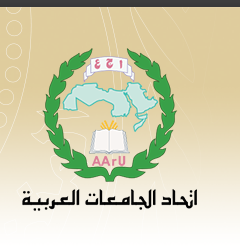Arab Journal of Administration المجلة العربية للإدارة
Article Title
Abstract
There are lots of Quality models that provide guiding criteria for evaluating the performance of the organizations. The European Quality Model (EFQM) may be considered the most popular of them all. EFQM has emerged in 1992, although it has emerged as a federal structure in 1988. Its membership started with 14 major European companies, increased later to reach over 800 organizations in different sectors recently. In spite of the Model popularity and its proven successful widespread applications, there are few writings – if any- that tried to assess the model or to analyze its components in Arabic literature. Thus this study represents an endeavor towards exploring the model and determining its identity amongst other well known approaches that sought to highlight “quality” as a concept and application. Consequently, this study aims at achieving two main objectives; - First: Analyzing EFQM components and mechanism, in addition to its projected pitfalls and it applicability in public organizations. - Second: Determining its identity against other quality approaches and models such as; Malcolm Baldridge model, TQM, Intellectual Capital, and balanced scorecard.The study ended up by admitting that the EFQM helps to achieve many objectives, nonetheless its use as a tool for assessing organizational performance is the most important. Also, the study analyzed and tried to justify some of the criticisms addressed to the Model.In addition the study analyzed some cases for public organizations applied the model with proven success, thereby, rejecting the notion of its inappropriateness for government organizations- a notion that attributed to its emergence in business organizations in the first place. Finally, the researchers in their trial to shed the light on such model hope to contribute towards creating the awareness of the importance of making self assessment in a way to improve performance in different organizations of the Arab region.
Recommended Citation
Aaref, Alia Abdel Dr
(2013)
"The European Excellence Model EFQM An Approach to Improve Performance:Its Identity, Mechanism, and Potential Obstacles,"
Arab Journal of Administration المجلة العربية للإدارة: Vol. 33
:
No.
2
, Article 2.
Available at:
https://digitalcommons.aaru.edu.jo/aja/vol33/iss2/2

